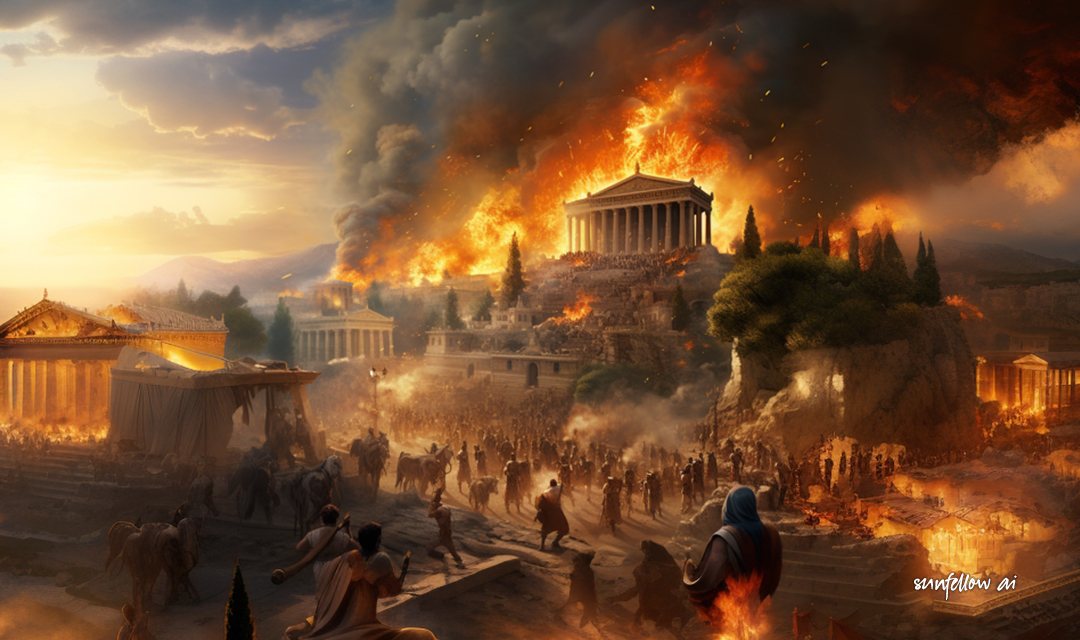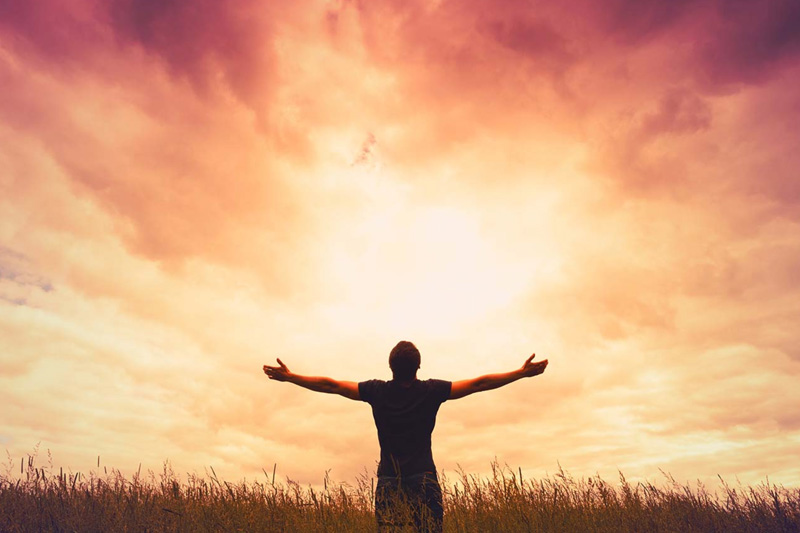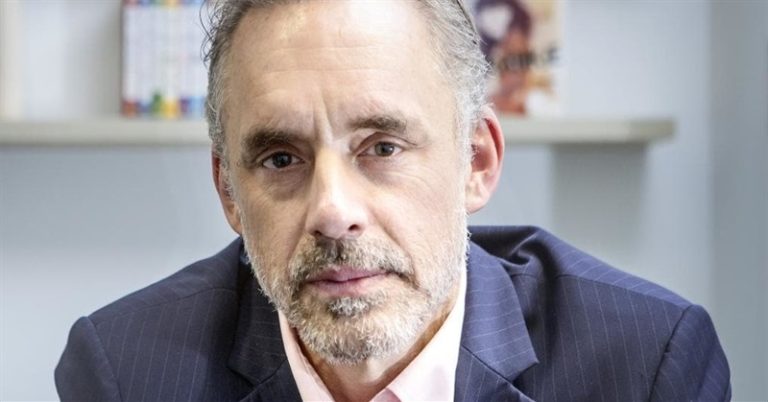
Updated: COVID-19 Healing Resources
Resources for healing COVID-19 (and other illnesses)…

Resources for healing COVID-19 (and other illnesses)…

Luke Kemp writes:
Collapse can be defined as a rapid and enduring loss of population, identity and socio-economic complexity. Public services crumble and disorder ensues as government loses control of its monopoly on violence. Virtually all past civilisations have faced this fate. Some recovered or transformed, such as the Chinese and Egyptian. Other collapses were permanent, as was the case of Easter Island. Sometimes the cities at the epicentre of collapse are revived, as was the case with Rome. In other cases, such as the Mayan ruins, they are left abandoned as a mausoleum for future tourists. What can this tell us about the future of global modern civilisation?

Quotes from the life-changing Pathwork Lectures of Eva Pierrakos…

An excerpt from Ken Smith’s book “The Way of the Hermit: My Incredible 40 Years Living in the Wilderness” that offers helpful advice, based on real-world experience, concerning what to do if you encounter an apex predator, especially a grizzly bear, in the wild…

Peterson’s primary goal was to examine why individuals, not simply groups, engage in social conflict, and to model the path individuals take that results in atrocities like the Gulag, the Auschwitz concentration camp and the Rwandan genocide. Peterson considers himself a pragmatist, and uses science and neuropsychology to examine and learn from the belief systems of the past and vice versa, but his theory is primarily phenomenological. In the book, he explores the origins of evil, and also posits that an analysis of the world’s religious ideas might allow us to describe our essential morality and eventually develop a universal system of morality…

A page full of resources on the history, power and usage of Vitamin C.